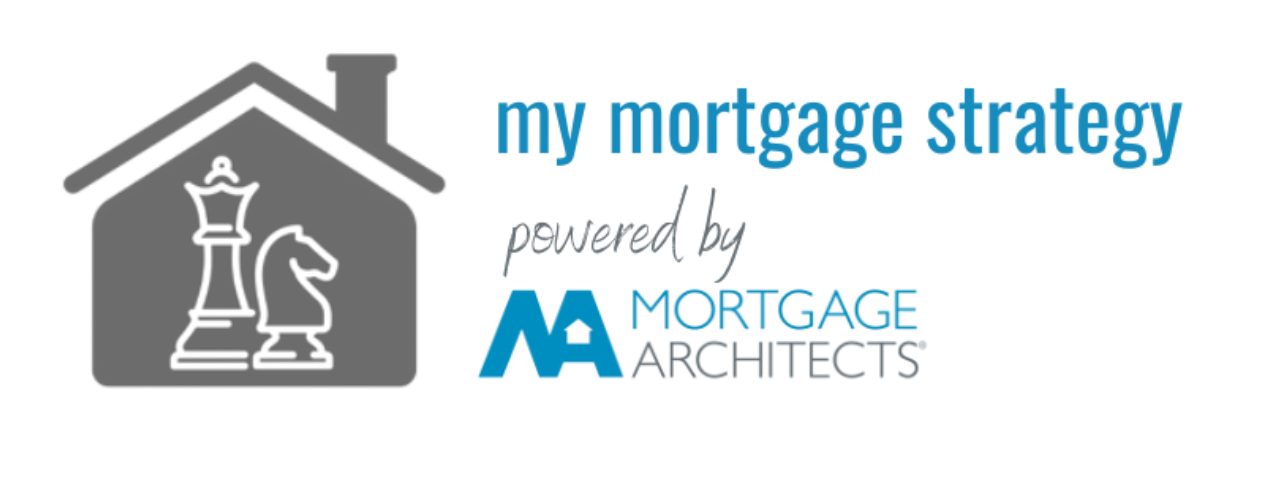
Self-employed borrowers make up a huge part of our local economy. In fact, approximately 20% of the labour force in the Shuswap and surrounding area is self-employed—from contractors and tradespeople to photographers, consultants, and small business owners.
But when it comes to qualifying for a mortgage, this group faces a very common challenge:
“My taxes show low income because I use business deductions… and now the bank says I don’t qualify.”
If this sounds familiar, you’re not alone—and the good news is that it doesn’t have to stop you from becoming a homeowner.
As a Salmon Arm mortgage broker who is also self-employed, I work with these scenarios every day. And with the right lender and strategy, the path to homeownership can be much more achievable than most people realize.
Why Self-Employed Borrowers Get Declined by Banks
Traditional banks typically want to see:
- Two full years of self-employment income
- Tax returns that match your true earning power (not reduced by deductions)
- A predictable, long-term contract history
For many entrepreneurs, this doesn’t reflect the real picture. Newly incorporated? Transitioned to contracting? Heavy deductions? Seasonal income? The bank’s “one-size-fits-all” income calculation can work against you.
But alternative and “common-sense” lenders can look at your file differently.
Case Study: When the Bank Said No — and We Got a Yes
Here’s a real example from a recent client:
The situation:
- Less than 6 months of self-employment
- Previously worked for the same company for 7 years
- Now subcontracting back to that exact company
- Their lifelong bank declined the mortgage because they “hadn’t been self-employed long enough”
What we did differently:
Instead of looking solely at “six months of business,” we presented the full story:
- A long, stable work history in the same field
- A contract with the same employer they had for years
- Consistent deposits shown on bank statements
- A clear income pattern that strongly suggested future stability
We took the file to a common-sense lender—one who evaluates income based on context, not just tax returns. They reviewed the full picture and approved the mortgage.
Result:
✔ Fully approved
✔ Funded
✔ Client moved into their new home
Takeaway:
Self-employment doesn’t have to be a dealbreaker. Lenders who understand the entrepreneurial reality exist—you just need someone who knows where to look.
Your Self-Employed Mortgage Blueprint
If you’re wondering whether you can buy a home as a self-employed borrower, here’s how to strengthen your file from the start.
1. Tell Your Income Story Clearly
Even if you don’t have two years of returns, you can still demonstrate stability:
- Work history in the same industry
- Contracts with consistent clients
- Subcontract agreements
- Business bank statements showing regular deposits
- A narrative that ties it all together
Underwriters want clarity. Show them how your business operates and how you get paid.
2. Work With a Broker Who Understands Self-Employed Files
Unlike banks, many lenders will consider:
- Alternative documentation
- Bank deposits
- Add-backs
- Contract income
- Business relationships
- Future earning potential
This is where a mortgage broker who specializes in self-employed financing (hi, that’s me!) can open doors the bank can’t.
3. Keep Your Financial Picture Clean
You’ll strengthen your application by:
- Keeping personal and business accounts separate
- Minimizing unexplained withdrawals
- Paying down high-interest consumer debt
- Avoiding large purchases during pre-approval
- Maintaining a healthy credit score
Clean, organized documentation tells a strong story.
4. Prepare Your Down Payment — and a Buffer
While programs exist for smaller down payments, self-employed applicants often benefit from:
- 10% down or more, when available
- Demonstrating additional reserves or savings
- Showing responsible cash flow management
The stronger your liquidity position, the stronger your file.
5. Build a Narrative That Makes Sense
One of the most important parts of my job is presenting your story to the lender in a way that makes sense:
“I worked for ABC Co. for 7 years. I transitioned to subcontracting 6 months ago. My deposits from ABC Co. continue at $X per month. My business expenses are low, my credit is strong, and my income is stable.”
A well-structured narrative turns hesitation into approval.
Final Thoughts: When a Bank Says No, Don’t Take It Personally
Self-employed mortgages are not “cookie-cutter”—and they shouldn’t be. You’re part of a growing community of entrepreneurs that keeps our local economy thriving. With the right lender, documentation, and strategy, homeownership is possible.
And you don’t have to figure it out alone.
Ready to Explore Your Options? Let’s Build Your Mortgage Story Together
Whether you’re newly self-employed, expanding your business, or needing a lender who sees the full picture, I’m here to help.
📲 Call/Text: 250-300-2008
📧 Email: leanne@mymortgagestrategy.ca
🌐 My Mortgage Strategy – Salmon Arm, BC
Serving the Shuswap, the Okanagan, and all of British Columbia
Turning Home Ownership Dreams Into Reality
